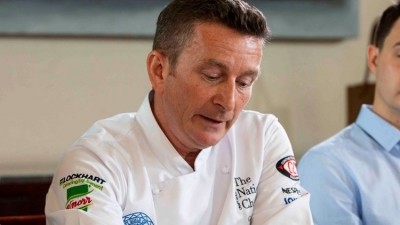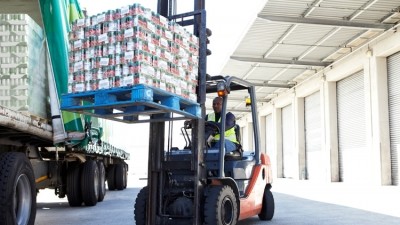Hospitality firms 'most likely to cut trading to tackle energy costs'

Figures show that more than one in 20 food and drink service (F&D) businesses in the sector (6%) planned to stop trading for two or more additional days a week in the month.
The same percentage said they had already done so in the last three months, which was among the highest of any group. They were also the most likely to reduce trading hours, even if they were still operating for the same number of days (21%).
Across the whole hospitality industry, 22% of businesses said energy prices were their principal concern for November, despite the UK Government's pledge to subsidise businesses’ energy bills into next year.
Around one in 10 businesses across the industry said they had reduced or simplified goods and services (or planned to) in a bid to cut energy costs.
Hospitality was also the most likely industry to have taken or planned some sort of action to reduce energy spending.
The F&D sector had the highest percentage of businesses (58%) citing energy prices as their main concern in November, up from 39% reported for October.
Around two in five (41%) F&D firms said they expected their prices to increase in November, while the figure was 36% among accommodation businesses with an average of 28% overall across the hospitality industry.
Of those, around three-quarters of F&D firms (76%) and 59% in accommodation said energy costs were making them consider price increases, compared with 38% across all industries.
When asked about turnover expectations for November, 70% of accommodation businesses (currently trading) predicted this would be lower - the second-highest response of any business group and more than triple the average of 21%.
For F&D businesses, it was more than double the figure across all industries, at 46%. And more than two in five F&D firms (45%) expected performance to drop in the next year, more than any other group.
Emma McClarkin, chief executive of the British Beer and Pub Association said the latest figures highlighted the 'extreme pressure' extortionate energy costs continue to have on pubs and brewers and the tough decisions they are being forced to make to keep serving their communities.
“Many have already taken drastic measures, reducing trading hours or even days on which they open and we’re not even into the coldest months yet,” she said. “These rising costs are compounded by inflation on key ingredients, severe staffing shortages and a cost-of-living crisis that is leading customers to see a pint in their local as an unaffordable luxury.”
McClarkin called for clarity and certainty that energy support would continue beyond the initial six months for pubs and brewers in this week's Autumn Statement.





















